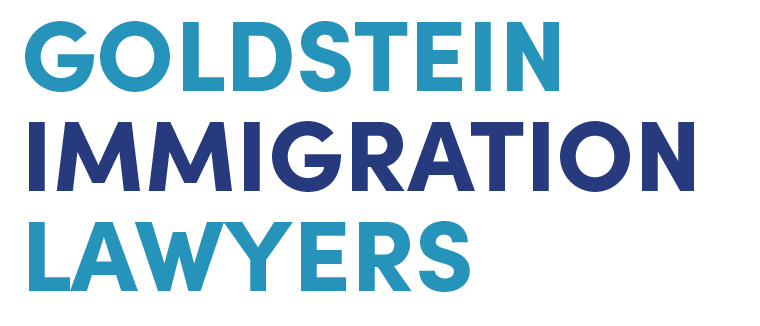Los Angeles is a diverse melting pot of countless ethnic and cultural backgrounds. Many immigrants and foreign nationals have moved to this great city and call it home, and many others want to come here to build lives, get jobs, go to school, and raise or be near their families, while some just want to visit for a period of time. A non-immigrant might want to visit L.A. to visit with their family, attend school, get a job, attend a conference or convention, conduct business meetings, or just to see the sights that L.A. has to offer. For instance, Hollywood and Disneyland are popular tourist destinations that foreign nationals enjoy visiting.
Whatever the reason might be for a visit to the Los Angeles area, foreign nationals who are seeking to enter the United States on a temporary basis must apply for a visa to gain entry into the United States (e.g., a work visa, tourist visa, school visa, etc.). There may be reasons why an applicant could be considered inadmissible for entry into the country. For instance, an applicant could be considered inadmissible for entry into the United States because of:
- The health of the applicant, such as drug use or addiction.
- The past criminal activities or convictions of the applicant.
- The applicant’s involvement in prostitution.
- The applicant’s involvement in smuggling activities.
- The applicant’s previous unlawful presence in the country.
However, visa applicants generally have an opportunity to seek an inadmissibility waiver, under section 212(d)(3) of the Immigration and Nationality Act. The 212(d)(3) waiver waives practically all grounds of inadmissibility for non-immigrants wishing to obtain a U.S. visa. This waiver is also sometimes referred to as a Hranka waiver. A waiver under section 212(d)(3) could be used to waive any of the above grounds for applicant inadmissibility. However, there are certain security-related grounds of applicant inadmissibility that cannot be waived by a section 212(d)(3) waiver, such as:
- Sabotage;
- Espionage;
- Plan to engage in criminal activity;
- Plan to overthrow the U.S. government by force;
- Genocide; and
- Nazi persecution.
What Are the Requirements of the 212(D)(3)?
In order to be granted a waiver under Section 212(d)(3) by the Department of Homeland Security, there are three factors that are considered:
- The risk of harm associated with admitting the waiver applicant into the US.
- The seriousness of the acts that caused the applicant to be inadmissible.
- The reason the applicant is seeking entry into the country.
Section 212(d)(3) waivers can be granted for any legitimate purpose, and may only be issued for a limited period of time. Usually section 212(d)(3) waivers are granted for short durations of time, such as six months to a year, but can be granted for up to five years at a time in certain circumstances.
Filing Section 212(D)(3) Waivers
A non-immigrant foreign national can seek a 212(d)(3) waiver at any U.S. embassy or U.S. consulate located abroad or any shipping port or airport that is a port of entry to the United States. The application form for the 212(d)(3) waiver is Form-I-192 and this form is referred to as the Application for Advance Permission to Enter as a Nonimmigrant. The waiver form usually requires supporting documentation in addition to the submission of Form-I-192. Some examples of supporting documentation that we recommend to accompany a section 212(d)(3) waiver application includes:
- An affidavit stating the purpose of your visit to the United States;
- Proof of your affiliation with your current country of residents;
- An affidavit that explains any criminal or immigration issues that are causing your application to be inadmissible;
- Any previous criminal records; and
- Any previous immigration records.
It can be challenging overcoming an inadmissibility finding when it comes to obtaining a visa to enter the United States. But this should not stop your loved ones from trying to obtain the opportunity to enter the United States and to visit L.A. When a non-immigrant foreign national has a grounds for inadmissibility that is making obtaining a visa difficult, a 212(d)(3) waiver might be the answer to your loved one or family member’s inadmissibility problem, and Goldstein Immigration Lawyers are here to help you. Please feel free to contact us by answering a few questions and schedule an appointment to discuss your situation. Waiver issues can be complicated, and our Los Angeles 212(d)(3) waiver lawyers are here to guide you through.
